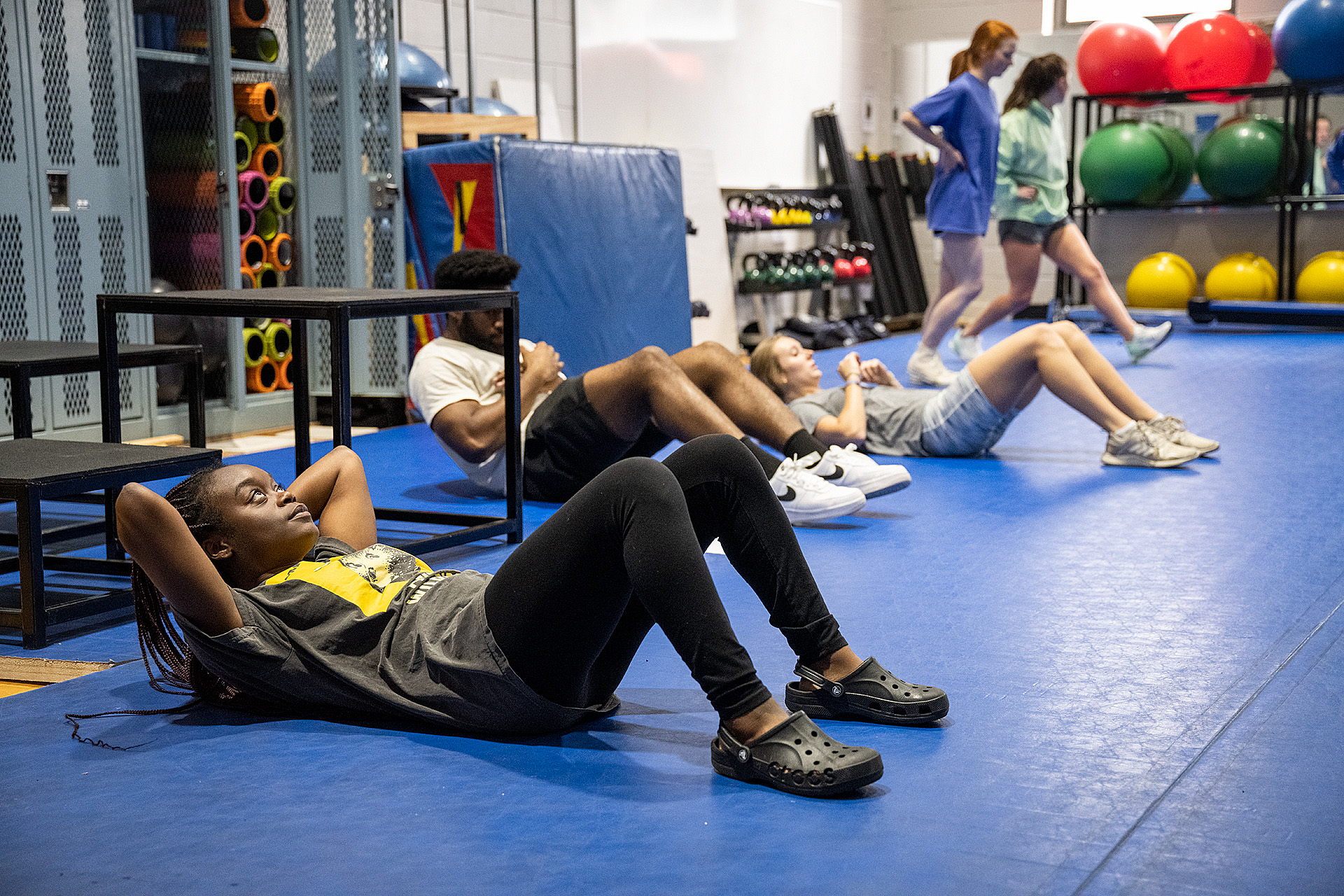
Exercise Science
Prepare for careers in wellness, fitness, and therapy as you explore how physical activity impacts health.
Exercise Science, B.S.
The dynamic undergraduate exercise science degree program blends foundational knowledge of human movement and exercise physiology with practical, hands-on training to prepare students for diverse careers in healthcare, sports, fitness, and wellness. In this degree, aspiring physical therapists, occupational therapists, athletic trainers, strength and conditioning coaches, and personal trainers will gain skills to assess, enhance, and improve physical performance and health. The exercise science degree serves as a pathway to direct employment and provides prerequisite knowledge to pursue advanced study at the graduate level.
News Briefs
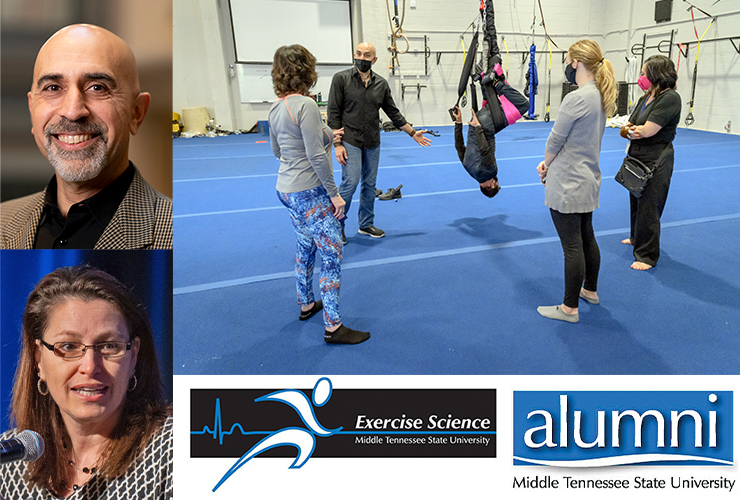
MTSU alumnus explores new frontiers in exercise science through research
A recent MTSU alumnus is applying what he learned to cutting-edge research to help improve the health of performing artists. Rawsam Alasmar, who graduated in 2021, is the first post-doctoral fellow in performing arts health, science and education at Johns Hopkins University in Baltimore, Maryland. “My primary role there is to work in collaboration with [ Read More ]
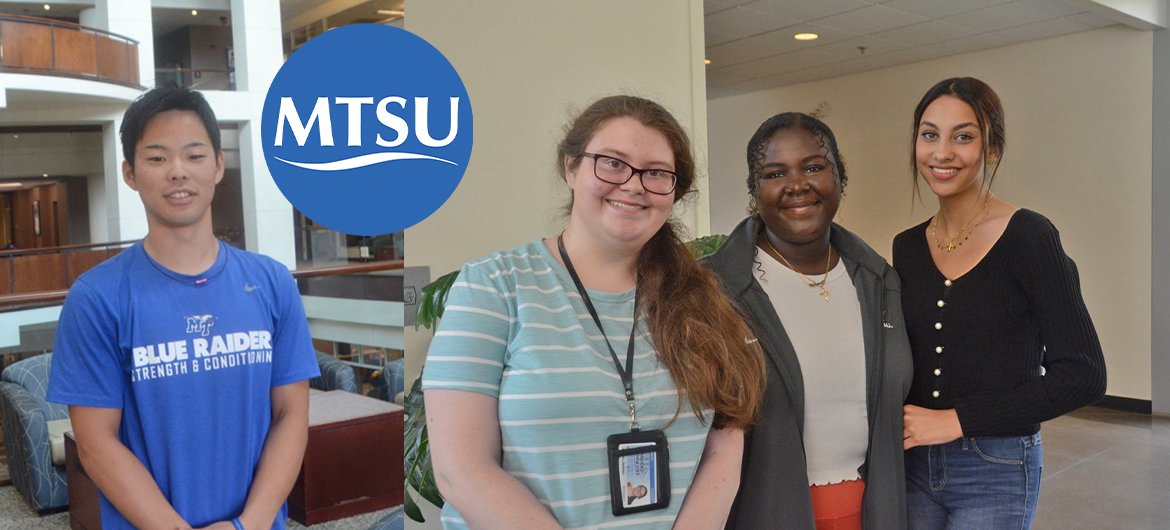
Summer 2022 at MTSU: Students share academic, internships, research activities
by Favour Boluwade While summer sun and fun lead to beaches, relaxation and travel for many, the Blue Raider campus provides tremendous opportunities to learn, intern and develop research in the lab for some Middle Tennessee State University students. Yes, the campus gets noticeably quieter during the summer months, but behind the walls of many [ Read More ]
News Briefs

MTSU alumnus explores new frontiers in exercise science through research
A recent MTSU alumnus is applying what he learned to cutting-edge research to help improve the health of performing artists. Rawsam Alasmar, who graduated in 2021, is the first post-doctoral fellow in performing arts health, science and education at Johns Hopkins University in Baltimore, Maryland. “My primary role there is to work in collaboration with [ Read More ]

Summer 2022 at MTSU: Students share academic, internships, research activities
by Favour Boluwade While summer sun and fun lead to beaches, relaxation and travel for many, the Blue Raider campus provides tremendous opportunities to learn, intern and develop research in the lab for some Middle Tennessee State University students. Yes, the campus gets noticeably quieter during the summer months, but behind the walls of many [ Read More ]
Related Media

Exercise Science, B.S.
Earn your Bachelor of Science Exercise Science degree at MTSU, and unlock career opportunities in corporations, hospitals, public wellness and fitness centers, and more. Our program lays the foundation for further education in fields such as exercise physiology, physical therapy, occupational therapy, physician assistant, and athletic training. Graduates may pursue professions including:
- Physical Therapy Graduate Program
- Occupational Therapy Graduate Program
- Physician Assistant Graduate Program
- Medical School
- Chiropractic School
- Athletic Training Graduate Program
- Dental School
- Cardiac Rehabilitation Positions
- Exercise Physiologist
- Corporate/Hospital/University Fitness and Wellness Jobs
- Strength and Conditioning
Click here for more helpful career links.
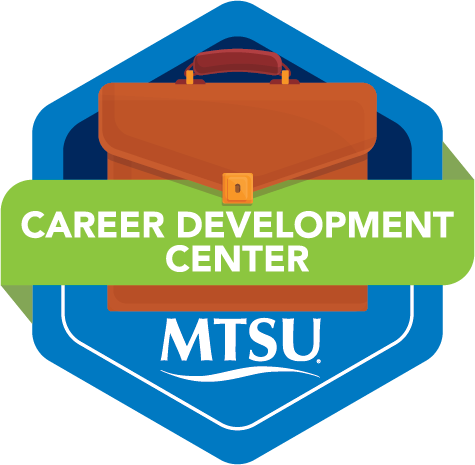
MTSU’s Career Development Center
MTSU offers a comprehensive Career Development Center that serves students throughout the full student experience and beyond. They collaborate with faculty and staff to equip students with the tools to be marketable to the world of work and continuing education.
Students can schedule an appointment or check online resources and job boards at mtsu.edu/career.
Students can find current internship opportunities by talking to faculty and visiting the University job and internship board called Handshake.
Wondering what you can do with your major? Check out our What Can I Do with A Major In guides.



The goals of the Exercise Science program faculty are to
- Provide quality teaching by integrating practical applications of sport and exercise science in the classroom
- Conduct basic and applied research at the undergraduate, masters, and doctoral levels
- Forge partnerships in university and community settings through internships, research projects, and educational service activities
Additional Information

CONTACT US











